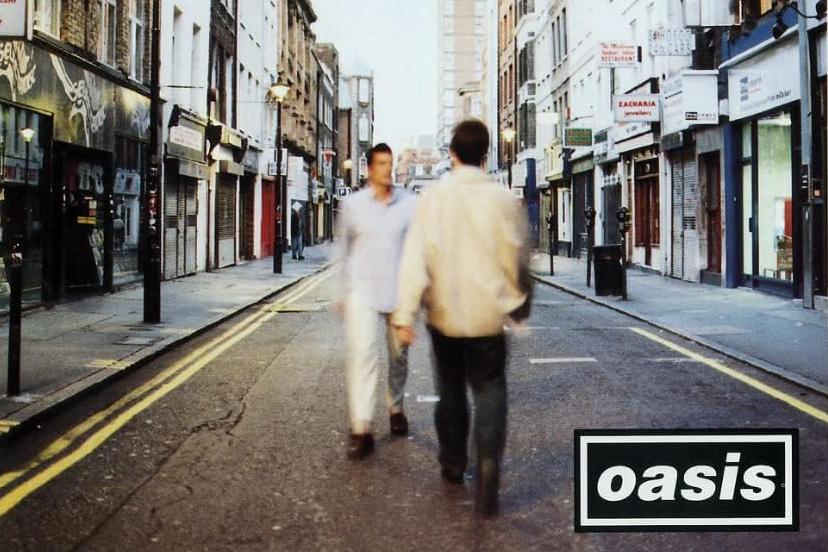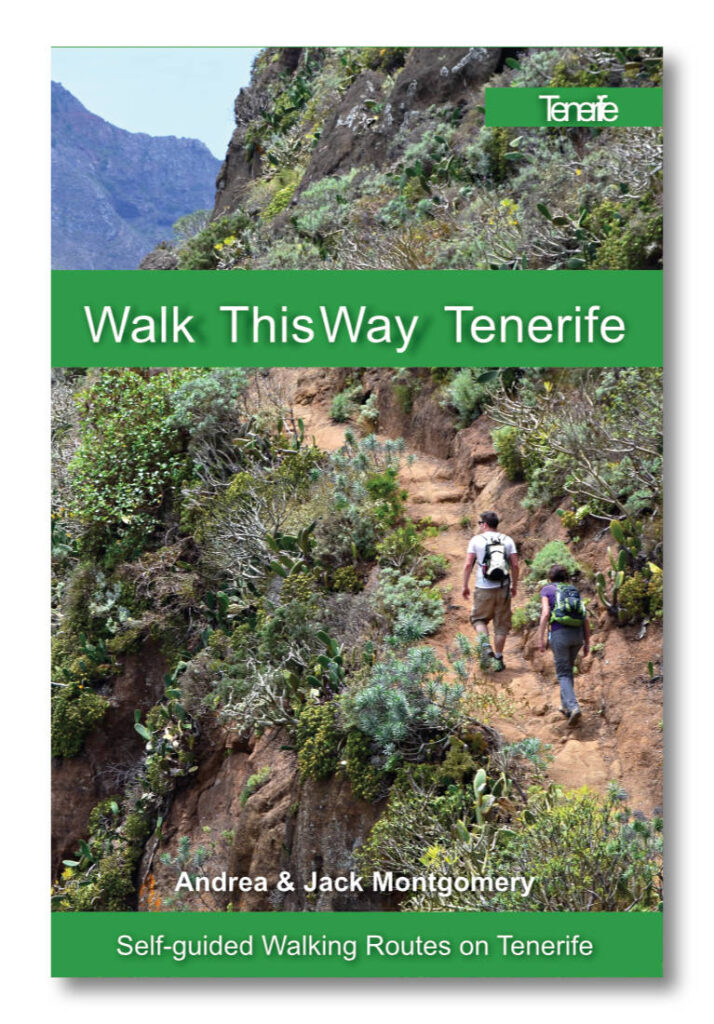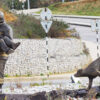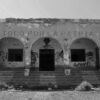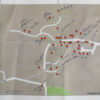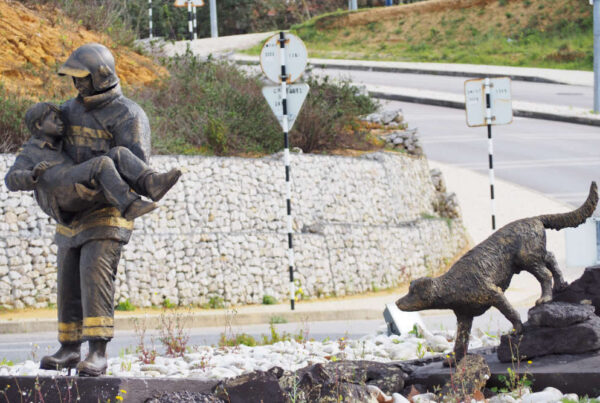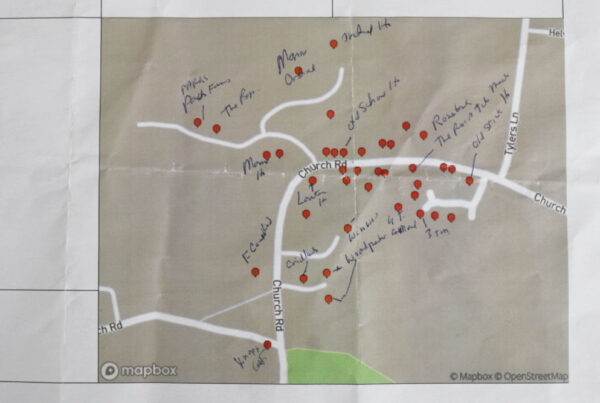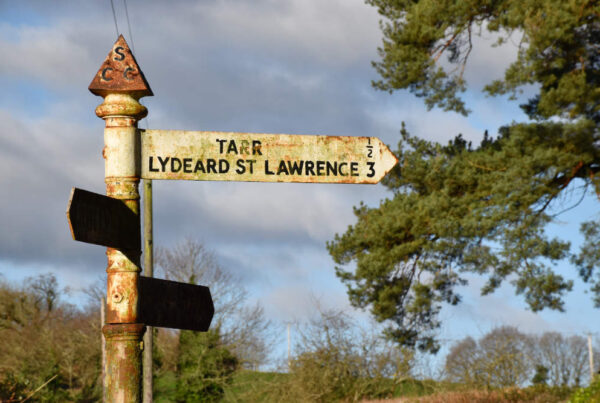Despite two periods of living and working close to where the Gallaghers lived in Longsight and then Burnage, I never met or saw Liam or Noel. But I did meet both their father and older brother. The first time, when I had a flat near West Point, I wouldn’t have registered them anyway as it was the mid-1980s, before Oasis formed. My second stint came after I was banished to Levenshulme Job Centre (considered the worst in Manchester at the time) as punishment for being involved in industrial action. I was part of the management team and striking was not something we were supposed to do. That was in the mid-90s, just as Oasis were skyrocketing to superstardom.
Levenshulme was a rum part of inner-city Manchester – colourful, culturally diverse on its northern border with Longsight, very Irish, and down at heel. During a housing boom in the 1980s, I sold my flat at a loss. That’s how undesirable the area was. Burnage blended into Levenshulme’s southern border and was ironically referred to as the posh part of Levenshulme. A friend who grew up there said her mother called it Burn-ah-ge (soft g) rather than Burn-age, its proper name. Last week, I read an article by music journo Simon Price in which he implied the area wasn’t as working-class as Oasis made out. Maybe he was fooled by seeing leafy streets with nice buildings, which there are. Then again, calling it a working-class area wasn’t wholly accurate. Back in the Oasis day, it aspired to be working-class. This comment from a forum about the area suggests it hasn’t changed much – “I was working near the Victoria Irish pub as a bricklayer in Burnage and got people throwing bottles at me and saw a armed robbery in a shop, and also see people driving stolen cars and motorbikes through the streets going through red lights as fast as possible it’s a mad place.”
Despite its rough diamond personality, I liked it a lot. I made good friends and learnt precious lessons about living and working in a multi-cultural and hugely diverse area. One friend shared Jamaican recipes. Another revealed how her Scottish name came about as a consequence of a descendant being raped by a Scottish landowner in the Caribbean. A woman of Polish heritage took me and colleagues to Irish shebeens beneath unassuming terrace houses. A gay friend who was a political activist told me about the Tory MPs he put up in his house in the centre of Levenshulme. The son of another colleague started what became a three-year gig as a main character in Coronation Street. An Egyptian friend taught me that sucking prawn heads was an aphrodisiac. I worked with people whose families came from multitudinous nationalities. It was a rich and fascinating mix. As a punishment, it backfired.
Oasis getting back together brought back memories of that area of Manchester, and of a time when Britain was transforming, when it felt as though we were swapping the doom and gloom of the 80s for brighter times – Oasis belting out their poetic, working class anthems while D:Ream and New Labour promised things could only get better. Some people dismiss Oasis’ lyrics as nonsense. Lines like “So I start a revolution from my bed,” “How many special people change?” “She’s electric. She’s in a family full of eccentrics,” all made perfect sense to me. Definitely maybe it was a Manchester thing. I know some people with no experience of life in industrial northern cities who don’t get the lyrics at all.
It was a time of cigarettes and alcohol, both of which I embraced too much. And it was a lot of fun.
With Oasis reforming and Labour back in power, in a way it feels like 1997 all over again, albeit without the smoking. Now the song would have to be Vapes and Alcohol. The writing about smoking being a societal taboo was on the Wonderwall since well before I stopped over two decades ago, so I don’t get the hullabaloo about a proposed outdoor smoking ban in pubs. Times change. Society changes.
In July, Andy and I watched the final of the Euros in a bar in Prague. There were a mix of English fans and other nationalities, including Spanish. The game interrupted a singer’s set. At half time he managed to squeeze in a couple of numbers, one of which was Don’t Look Back in Anger. The whole pub sang along (everyone except the Spanish fans who generally don’t tend to stray far outside their own music scene), belting out the lyrics with gusto.
Times change. But Oasis are back. Then again, they never really went away.
